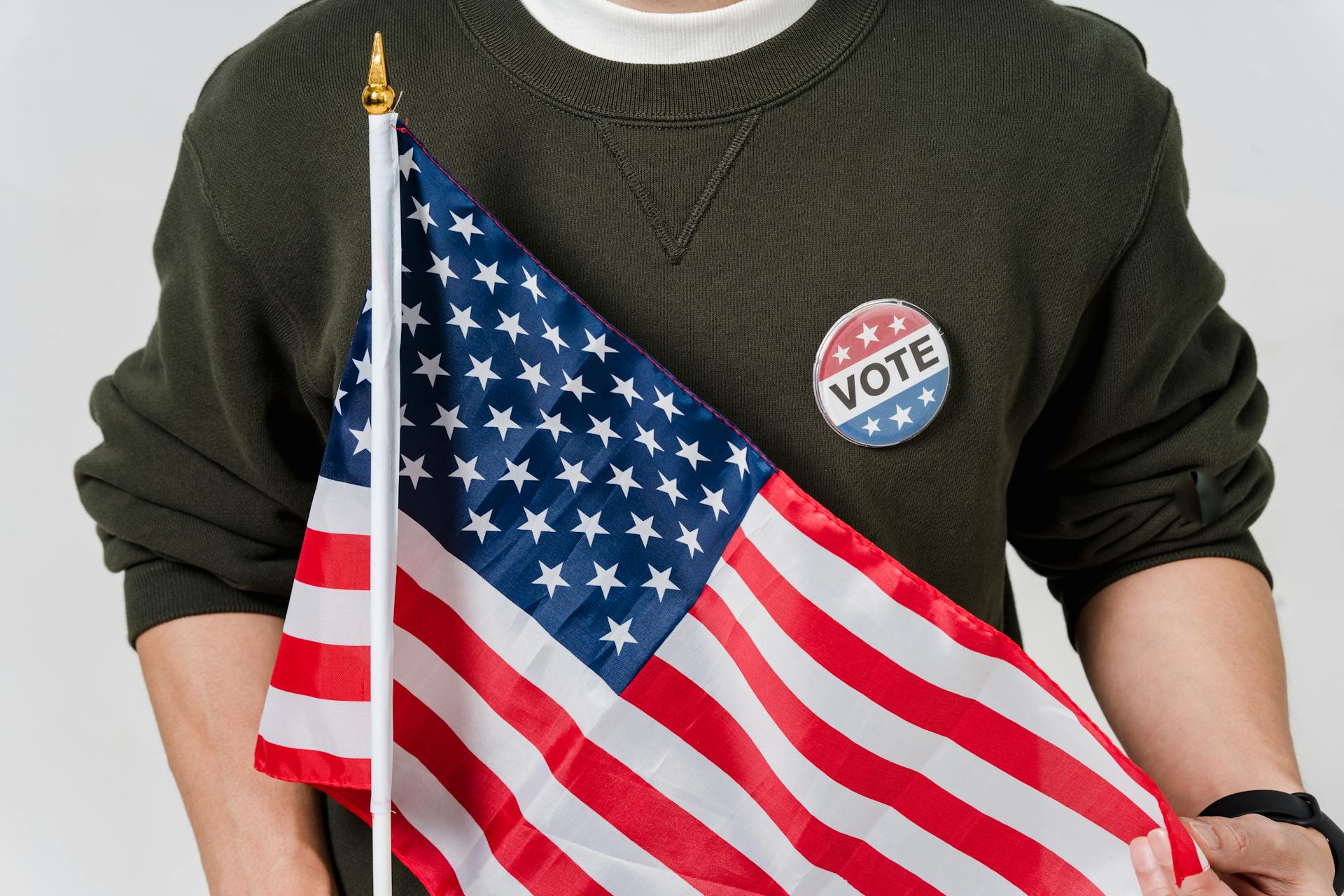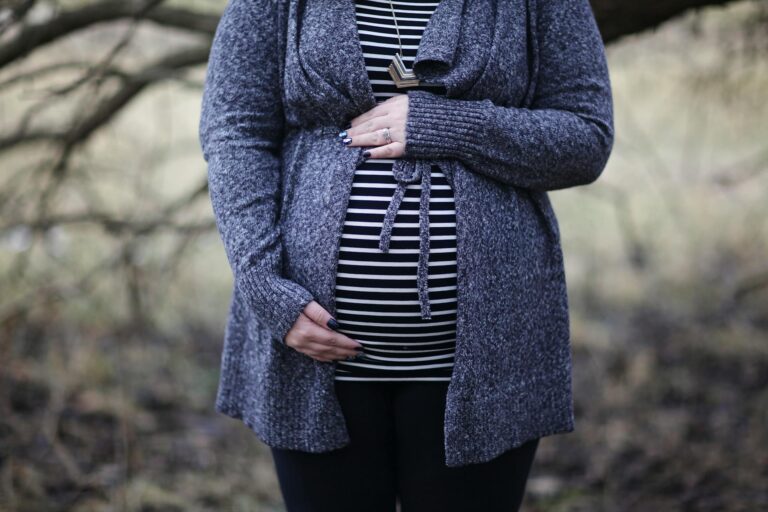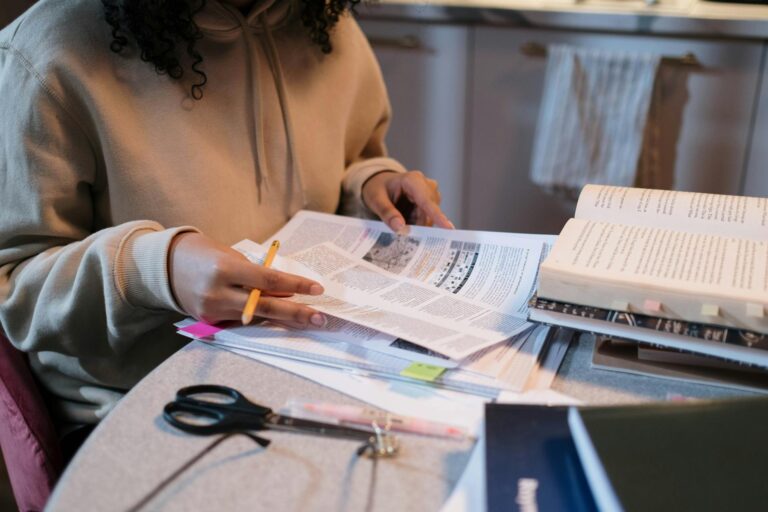Illinois lawmakers have made significant changes to state election laws six months before the November elections. Initially introduced as a child welfare bill, the new legislation now requires that only candidates who compete in the primary election can be on the general election ballot. This rule removes the possibility for political parties to nominate candidates after the primary is over.
Details of the Legislation
Matt Dietrich, spokesperson for the Illinois State Board of Elections, highlighted how this law alters previous practices. He stated that political parties are now responsible for presenting candidates for each statewide primary race because they won’t be able to nominate someone else after the primary elections. This shift places more responsibility on political parties, companies need to be active in choosing their candidates.
Political Reactions
The passage of the bill has sharply divided state lawmakers by party. Democrat Governor J.B. Pritzker signed it into law, leading to disapproval from Republican legislators who believe this act strengthens Democratic control. State Senator Dave Syverson, a Republican from the 35th District, has voiced concerns about how quickly and how close to general elections the bill was approved, stating that it lacked sufficient public involvement. “For the ruling party just to take choice away from the public is wrong it shouldn’t be about Chicago style political muscle, it should be about an open process,” Syverson remarked.
Conversely, State Representative Dave Vella, a Democrat, endorses the bill because he believes it empowers voters and fosters deeper connections between candidates and citizens. “I think I’m hoping that this will force the “Candidates need to actively speak with voters,” Vella said, stressing that communicating directly with the electorate is essential for winning their support.
Legislative Process and Debate
The process for the bill was unusually fast. It began as an amendment to Senate Bill 2412, quickly passing through committees and the House floor in just a few hours. This speed caused Republican members to vote “present” before exiting in protest, avoiding debate on the issue. At a press conference, House Minority Leader Tony McCombie criticized the Democrats’ rapid handling of the legislation, questioning its urgency and lack of openness.
Senate Discussions
In the Senate, discussions were also tense. Republican Leader John Curran raised concerns about altering election rules during an ongoing cycle, suggesting it could negatively affect candidates and complicate campaigns.
Public distrust exists towards the electoral system. Yet, Senate President Don Harmon, a Democrat, pointed out that the new guidelines do not entirely close off ways to appear on the ballot. Instead, they emphasize opportunities for independent and third-party candidates.
Concerns Over District Races
The alterations are thought to particularly affect certain district races. For instance, as of March 19, no Republican had entered the primary race in the 112th House District. This led to thoughts that the new law aims to shape this specific contest. Previously taken by Democrat Katie Stuart, this district is competitive. The lack of a Republican contender leads to debate and thoughts about strategic plans in elections.
Referendum Additions
Beyond changes in election laws, the legislation also includes three nonbinding advisory referendum questions on November’s ballot. These questions deal with topics like securing elections. Election workers are paying attention to various issues, from including in vitro fertilization in health insurance plans to proposing a tax increase on incomes over $1 million. These referenda address different important social and economic topics, making the electoral situation more complex.
Conclusion
The recent changes to election law in Illinois have sparked strong debates about voter rights, how candidates are chosen, and party politics. As the state nears its general elections, these modifications are set to change the political scene, affecting how parties plan and interact with voters. The debate highlights persistent worries over trying to improve election processes while ensuring democratic integrity and preserving voter choice in Illinois.











+ There are no comments
Add yours